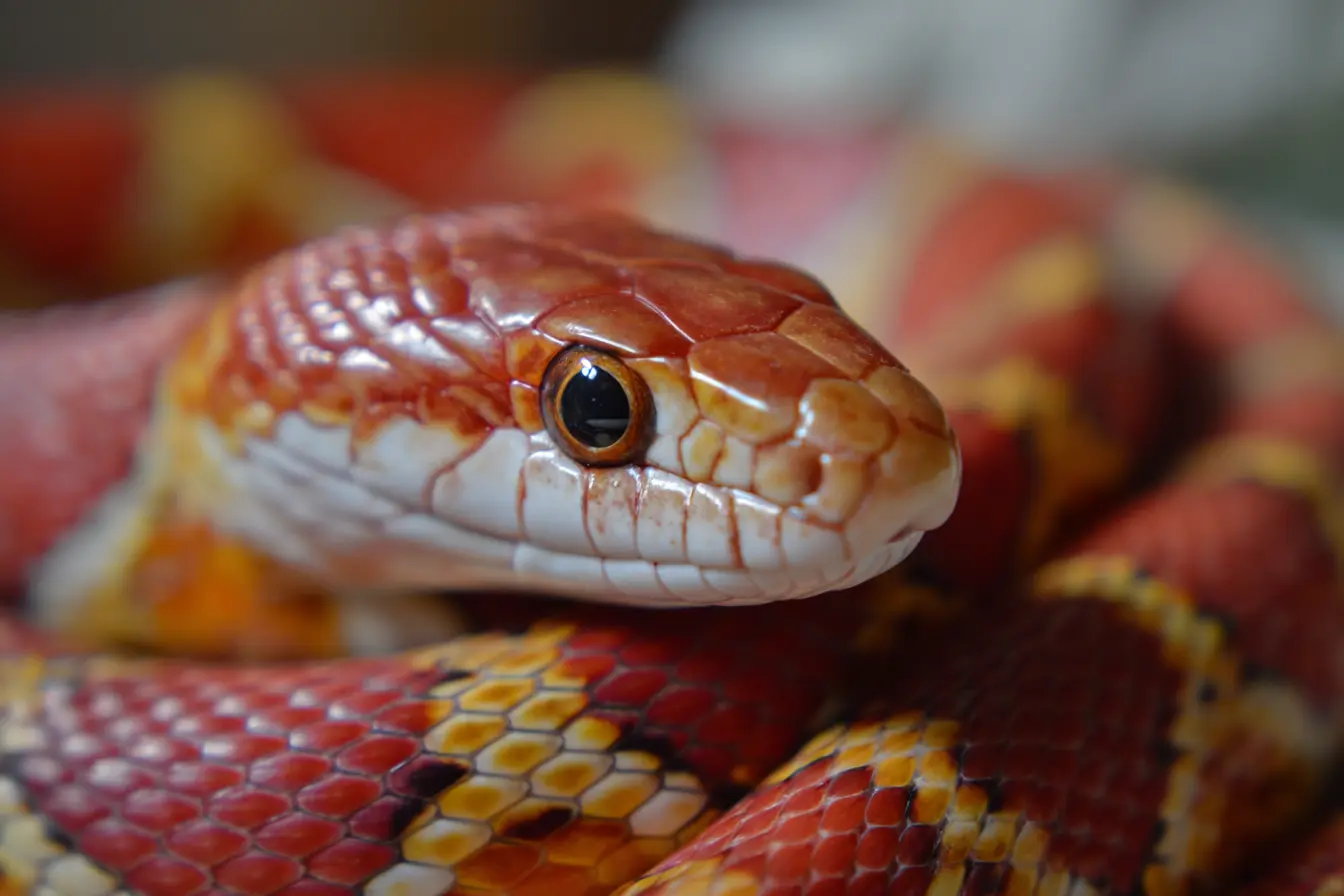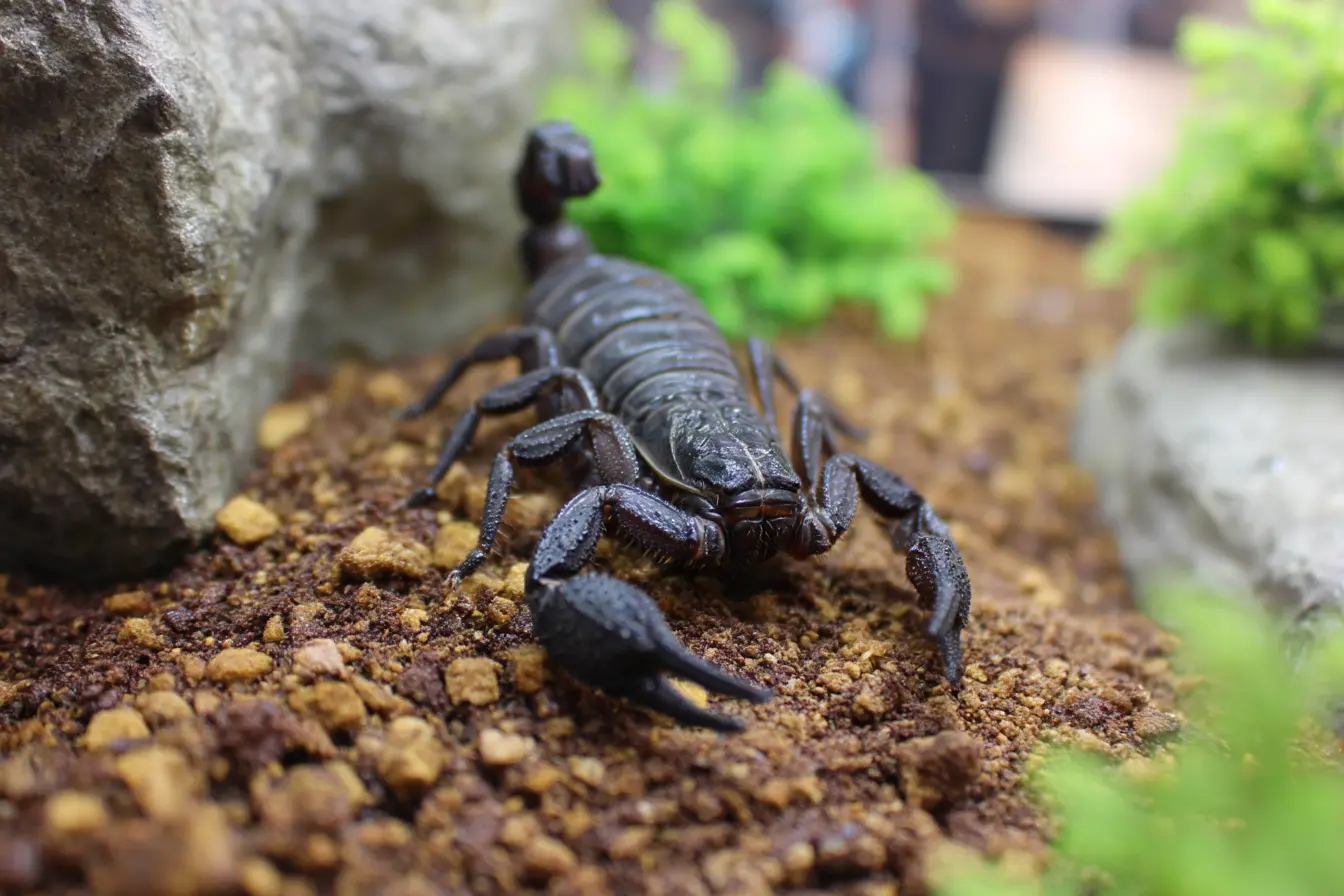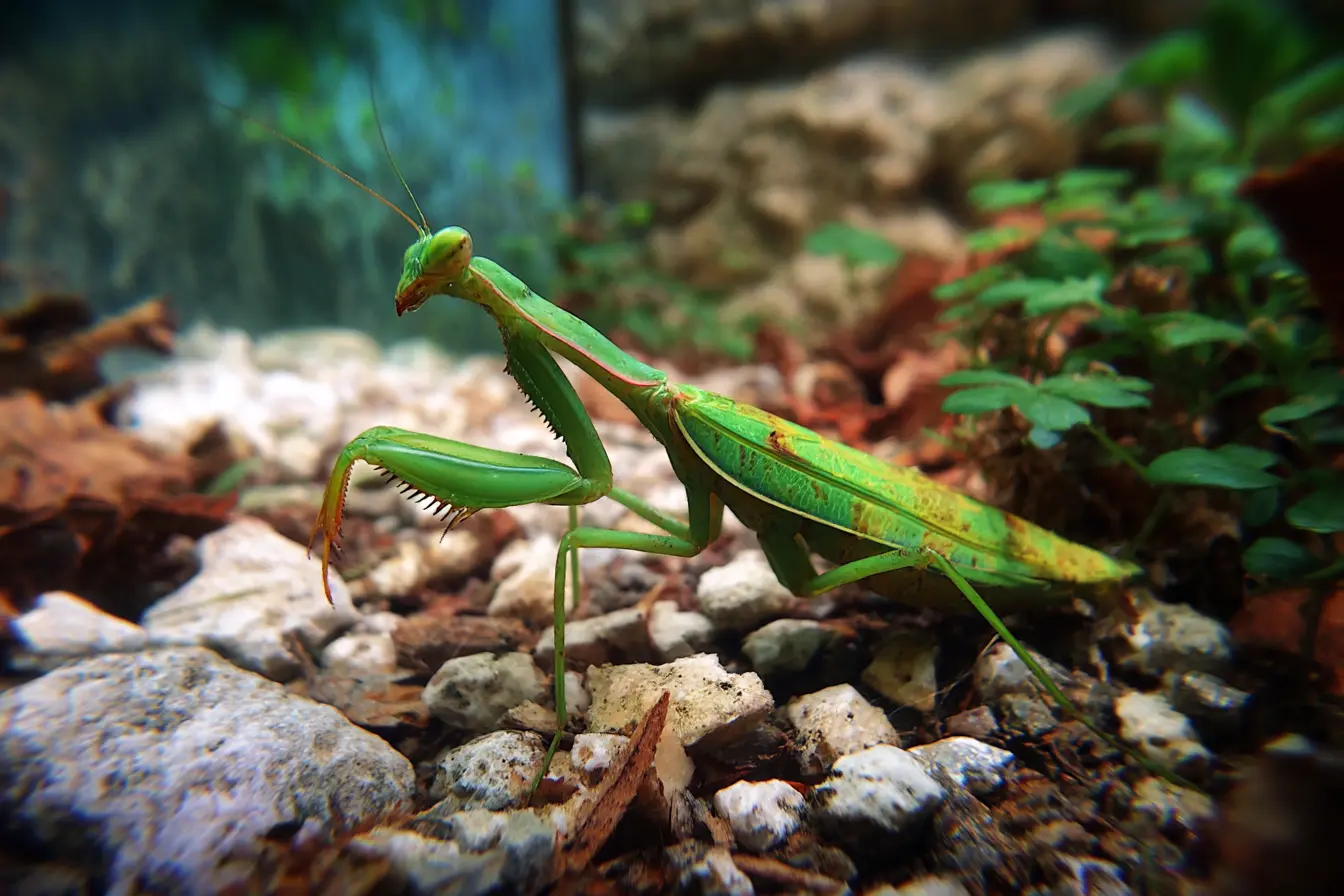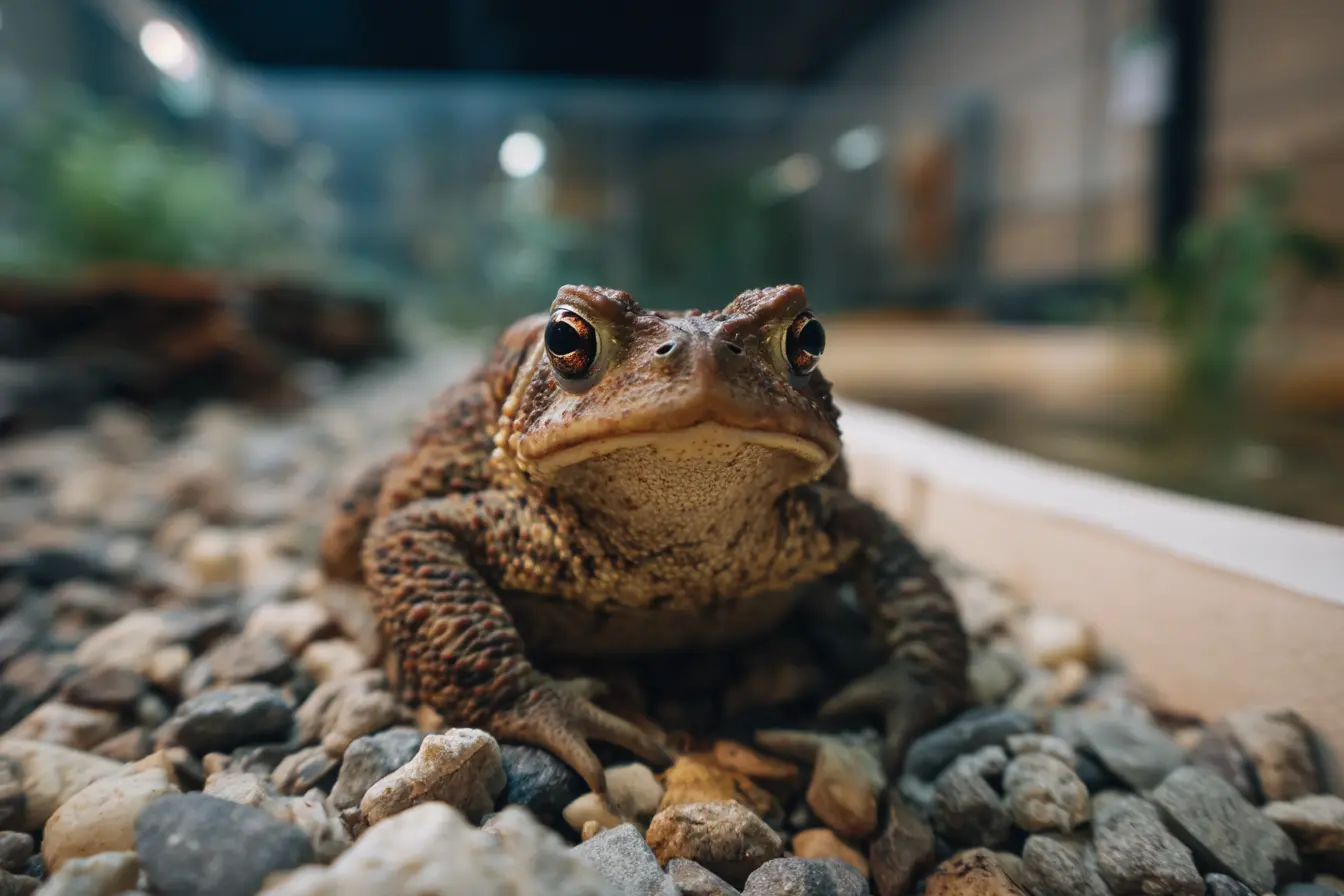
Recognising and Addressing Common Health Issues in Pet Snakes
Owning a snake can be a rewarding experience, but like all pets, snakes can encounter health issues. Recognising the signs of common health problems and understanding the importance of consulting a specialist veterinarian are key to maintaining the health and well-being of your snake. Here’s a detailed look at what snake owners need to know.
Common Health Issues in Pet Snakes
Respiratory Infections
Respiratory infections are common in snakes and can be caused by improper cage conditions, such as low temperatures or high humidity. Signs include wheezing, excess mucus around the nostrils or mouth, and difficulty breathing. If you notice any of these symptoms, it's crucial to adjust the habitat conditions and consult a veterinarian.
Parasitic Infestations
Snakes can suffer from internal and external parasites. External parasites, like mites and ticks, are visible as small dark spots that move around the body and eyes, which can lead to skin irritation and infections. Internal parasites may cause weight loss, regurgitation, or an abnormal stool. A vet can provide treatments for these conditions.
Shedding Problems
Incomplete shedding (dysecdysis) is often related to low humidity levels. It can lead to retained shed, particularly around the eyes (retained eye caps) and on the tail. This can cause discomfort or even lead to more severe health issues. Regularly check that the enclosure's humidity and temperature are at optimal levels for your specific snake species.
Stomatitis (Mouth Rot)
Stomatitis, commonly known as mouth rot, is an infection in the mouth that appears as cheesy deposits, inflamed mouth tissue, or bleeding gums. This condition requires immediate veterinary care to manage infection and underlying causes.
Obesity
Obesity is becoming more common in pet snakes due to overfeeding or feeding too large a prey. Signs include noticeable fat deposits and difficulty moving. Consult with a vet to adjust the diet and feeding schedule appropriately.
The Importance of a Specialist Veterinarian
Expertise and Experience
Reptiles, including snakes, have specific physiological characteristics that require specialised knowledge. Veterinarians with expertise in reptile medicine are better equipped to diagnose and treat snake-specific ailments effectively.
Correct Diagnosis
Many snake ailments have similar symptoms, making accurate diagnosis challenging. A specialist has the tools and knowledge to conduct appropriate tests and ensure the correct treatment plan is followed.
Preventative Care
Regular check-ups with a specialist veterinarian can help catch potential health issues before they become serious, ensuring your snake lives a long, healthy life.
Conclusion
Understanding common health issues in snakes and recognising the signs that indicate a problem can help you provide the best care for your pet. Equally important is the role of a specialist veterinarian in maintaining the health of your snake. Regular consultations and prompt attention to any signs of illness are crucial components of responsible snake ownership.
Vets near you
Speciality vets
- Aquatics vet specialists
- Birds vet specialists
- Camelids vet specialists
- Cats vet specialists
- Cattle vet specialists
- Deer vet specialists
- Dogs vet specialists
- Equines vet specialists
- Exotic vet specialists
- Goats vet specialists
- Pigs vet specialists
- Poultry vet specialists
- Sheep vet specialists
- Small Mammals vet specialists
- Wild vet specialists
Vet facilities
- Accessible by public transport
- Blood testing
- Car park nearby
- Client car park
- Dentistry
- Diagnostic imaging
- Disabled public access
- Flea and worm treatments
- Microchipping
- Mobile services
- Neutering
- Open at weekends
- Out-of-hours service
- Referral interests
- Referrals only
- Street parking outside
- Toilets available
- Vaccinations



